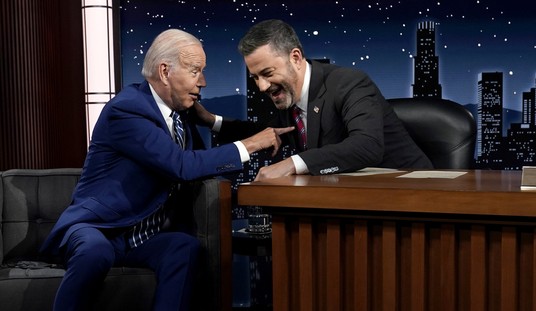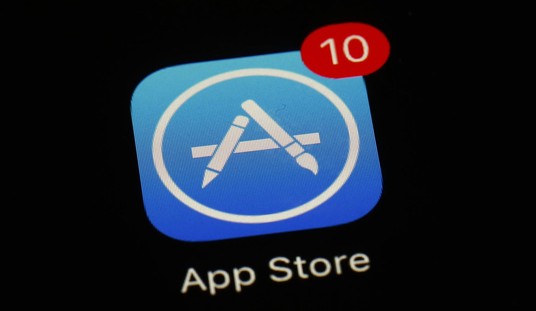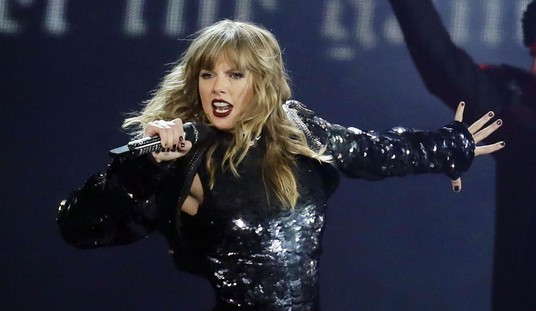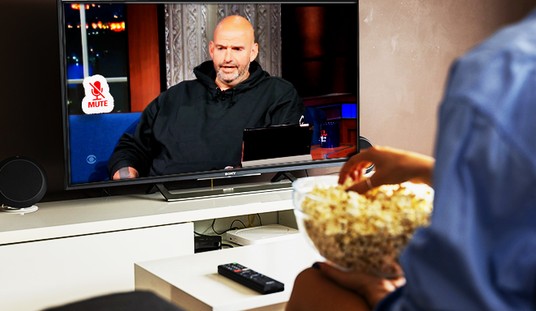Justice Alito wrote the decision and it followed along with the expectations of those who watched the case play out before the court. Also as expected, this was a 5-4 decision, split along partisan lines. At the heart of Janus was the question of whether or not unions can forcibly extract dues from workers’ paychecks without the worker proactively volunteering to contribute. In parallel to that, the court had to determine whether or not those extracted fees, being put toward lobbying efforts, constituted involuntary political speech on the part of the worker. The ruling answers both questions definitively.
You can read the full decision here but I’ve extracted a couple of the key points from the syllabus. First is the issue of whether the previous ruling in Abood (which went in the unions’ favor) erred in allowing the forcible extraction of dues. Alito leaves no room for doubt.
The State’s extraction of agency fees from nonconsenting public sector employees violates the First Amendment. Abood erred in concluding otherwise, and stare decisis cannot support it. Abood is therefore overruled.
The second question was the one about subsidizing the speech of others when it runs contrary to your personal beliefs. Again, Alito is definitive.
Forcing free and independent individuals to endorse ideas they find objectionable raises serious First Amendment concerns. E.g., West Virginia Bd. of Ed. v. Barnette, 319 U. S. 624, 633. That includes compelling a person to subsidize the speech of other private speakers.
A union official, Paul Shearon, the IFPTE Secretary-Treasurer, put out an immediate statement saying that this was based on, “a bogus free speech argument.” He went on to say that the justices voting in the majority “are little better than political hacks.” That was followed up by a threat to take it to the streets.
In the short run, the Janus decision may hurt some unions financially, but in the long run it will serve to make unions and their members more militant and force a stronger culture of internal organizing. The recent statewide teacher strikes demonstrate that when public sector workers face limitations on their bargaining rights they take their case to the streets.
This is going to send shockwaves through not just the unions, but the Democratic Party at large. The amount of money that the unions flush into Democratic coffers every year is likely more than most of you imagine. This was a point being driven home in advance of the decision by Hugh Hewitt this morning. He was reminding everyone precisely what this decision was going to mean to the unions if it went against them.
Now 3 hours. Very few political reporters seem to understand the stakes here but it is hundreds of millions of dollars of coerced contributions to Democrats and initiatives that dries up instantly if Janus prevails. https://t.co/IigA0isQC3
— Hugh Hewitt (@hughhewitt) June 27, 2018
How important is the Janus v AFSMCE decision today? Take a look at this chart: https://t.co/oh35fCuRbS Most of that money for Democrats and liberal causes dries up, overnight, if Janus prevails.
— Hugh Hewitt (@hughhewitt) June 27, 2018
Liberals have been bracing for this result for a while now. Back in February, the WaPo seemed to see the writing on the wall here and tried suggesting a “compromise” where the unions could collect a smaller amount of money for a more “focused purpose.” This is a silly suggestion, of course, since money is fungible. Even if the collected dues are narrowly applied to a different purpose, that simply frees up funds to be moved over to political activism. (Which is the majority of the business the unions engage in to begin with.)
Democrats were predicting a “fiscal crisis” if Janus prevailed. (Of course, it’s primarily just a fiscal crisis for the unions.) How serious that crisis becomes won’t be known for some time. But the important point is that a new precedent has been set and workers are still free to join unions or make voluntary, proactive payments to them if they feel it’s a worthy cause. But the unions will no longer be able to reach into their pockets without permission.








Join the conversation as a VIP Member